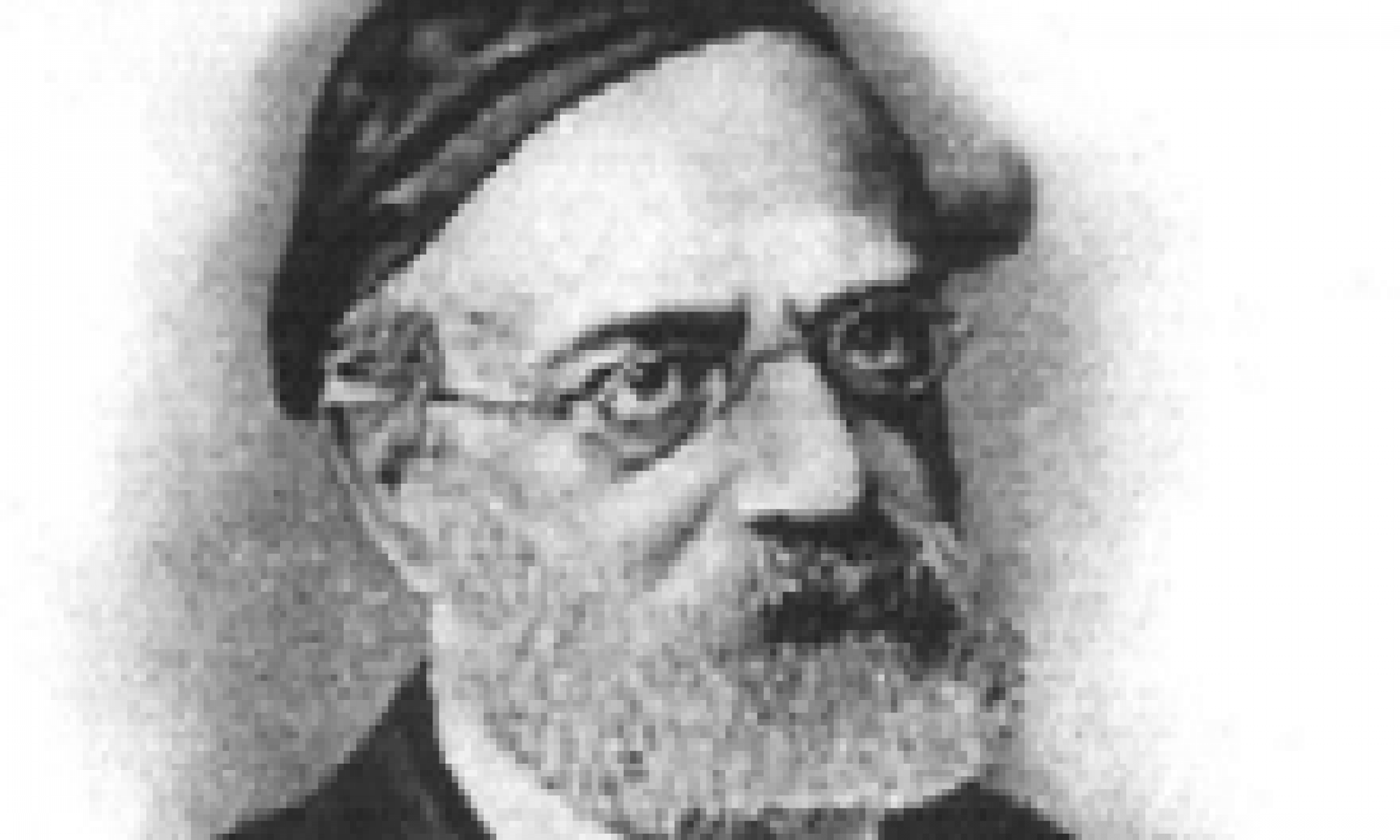צדקה apparently has two basically different meanings:
Sometimes it describes the strict observance of the law. When Yaakov told Lavan that the work he performed was according to what the law required he told him וענתה בי צדקתי. (see commentary for another reference)
However, we often see the word משפט alongside the word צדקה. Since משפט means the strict observance of the law, צדקה must mean something else.
משפט means putting things in their proper place. When משפט is served, a person may be told to pay for damages or pay back money he owes. This is strict justice.
צדקה goes beyond משפט. Its root, צדק, means to soothe, satisfy, sustain; in other words, to give the other person what he needs, to be good to him, to seek his welfare and well-being.
צדק is the ideal. Through this attribute, every creature will have the benefit of the conditions intended for it by Divine design. צדק is the goal of God’s direction of the world.
When God acts with צדקה toward His creatures, He acts benevolently towards them. When man acts with צדקה toward his fellow man, he acts benevolently toward his but fulfills an obligation to God. For every person is obligated to promote צדק with all his spiritual and material resources. The whole reason he is given these resources is to establish צדק in the world.
צדקה, then, is a whole life of faithfulness to duty. (GS- that duty being promoting the צדק ideal.) משפט is only the negative side, “shunning evil,” whereas צדקה is the positive realization of the good.
Beraishis 15:6
pages 357-359



2 Replies to “Beraishis 15G – The meaning of the words צדקה Tzedaka and משפט Mishpat”
Comments are closed.